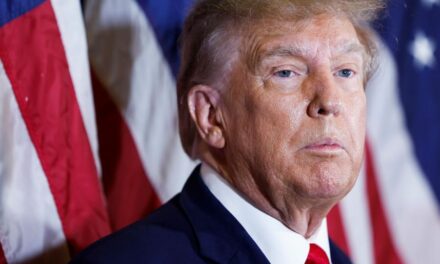Sir Keir Starmer, the leader of the UK’s Labour Party, made an audacious vow to transform his party into a formidable force, representing both the poor and the rich. The unexpected pledge, announced during a pivotal speech, sent shockwaves through the political landscape and left many wondering about the implications of such a stance.
“Today, I stand before you with a vision that transcends the traditional divides,” Starmer proclaimed, capturing the attention of both supporters and skeptics alike. “Labour shall be the unwavering champion of the poor, the marginalized, the forgotten. But we shall also embrace those who have achieved financial success.”
The ambitious declaration sparked a flurry of questions and raised eyebrows across the political spectrum. Critics questioned how Labour could effectively represent two seemingly opposing groups with divergent interests, while others hailed the move as an attempt to foster unity in a deeply divided society.
Starmer was quick to defend his vision, outlining his belief in a party that prioritizes social justice while also recognizing the significance of a thriving economy. “We must not waver in our commitment to addressing income inequality and lifting the most vulnerable in society,” he emphasized. “At the same time, we can foster an environment where success is celebrated, where hard work is rewarded, and where prosperity benefits all.”
The Labour leader’s dual-focus approach left some in the party with lingering uncertainties about how such a strategy could be effectively implemented. However, Starmer remained resolute in his conviction that Labour could indeed be a party that bridges the gap between the economically disadvantaged and the prosperous.
“We must forge a path that brings people together, rather than pushing them apart,” Starmer asserted, exuding confidence in his vision for a more inclusive Labour Party.
As the news of Starmer’s vow spread, political pundits offered varying assessments of its potential impact. Some hailed the move as a shrewd attempt to broaden the party’s appeal and reconnect with a broader demographic, while others warned of the delicate balancing act required to cater to both ends of the economic spectrum.
The road ahead remains uncertain, and how Labour navigates this ambitious commitment will undoubtedly shape the party’s future. As the nation watches with keen interest, one thing is clear: Keir Starmer’s pledge has set in motion a seismic shift in Labour’s direction, leaving many intrigued and eager to witness the outcome of this unprecedented endeavour.
















